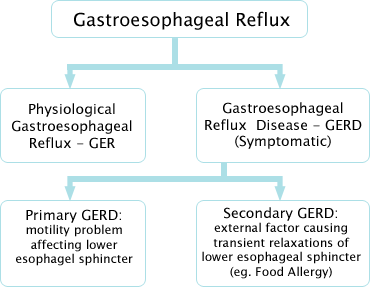When it comes to acid reflux and stress, anxiety and depression levels can be significantly higher in subjects with gerd (notably in the nerd, meaning non-erosive esophageal reflux disease) than in healthy people this answers to another equally important question, namely if it may be possible that acid reflux causes stress (more details later). Acid reflux stress. Johns hopkins university acid reflux statistics according to the cdc, on march 11, 2020 the novel coronavirus disease, covid-19, was declared a pandemic by the world health organization while certainly not a pandemic, acid reflux is an epidemic in its own right according to aboutgerdorg, this disease affects hundreds of millions of people globally based the below percentages and.
acid reflux stress
Research shows that prolonged stress over a six-month period leads to a significant increase in acid reflux symptoms over the following four months stress may not actually increase the production of stomach acid, a common cause of acid reflux, but it does make you more sensitive to smaller amounts of acid in the esophagus. Yes, acid reflux and anxiety are a big issue, the most concerning thing is that even though you do everything right with the diet if you’re anxious or stressed, your efforts will be useless. anxiety and stress play a pivotal role in determining reflux, that’s why affected people must get rid of their stressors and risk factors for anxiety. Since stress and acid reflux are closely linked, it’s also worth trying coping techniques to manage stress levels in your life to help reduce your risk of conditions like ibs, gerd, heart diseases and depression. avoid known heartburn triggers. these vary from one individual to another, but chocolate, spicy foods, citrus fruits, peppermint.

